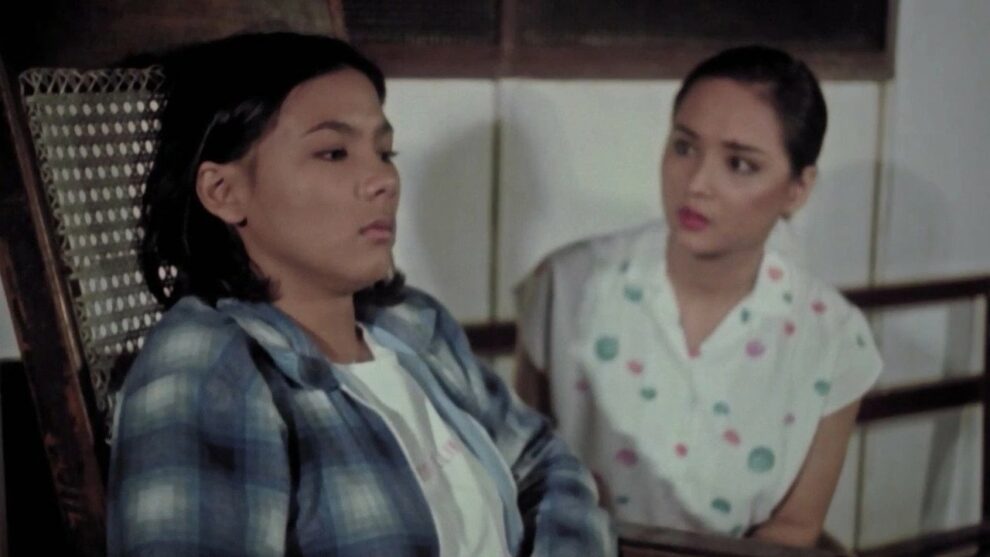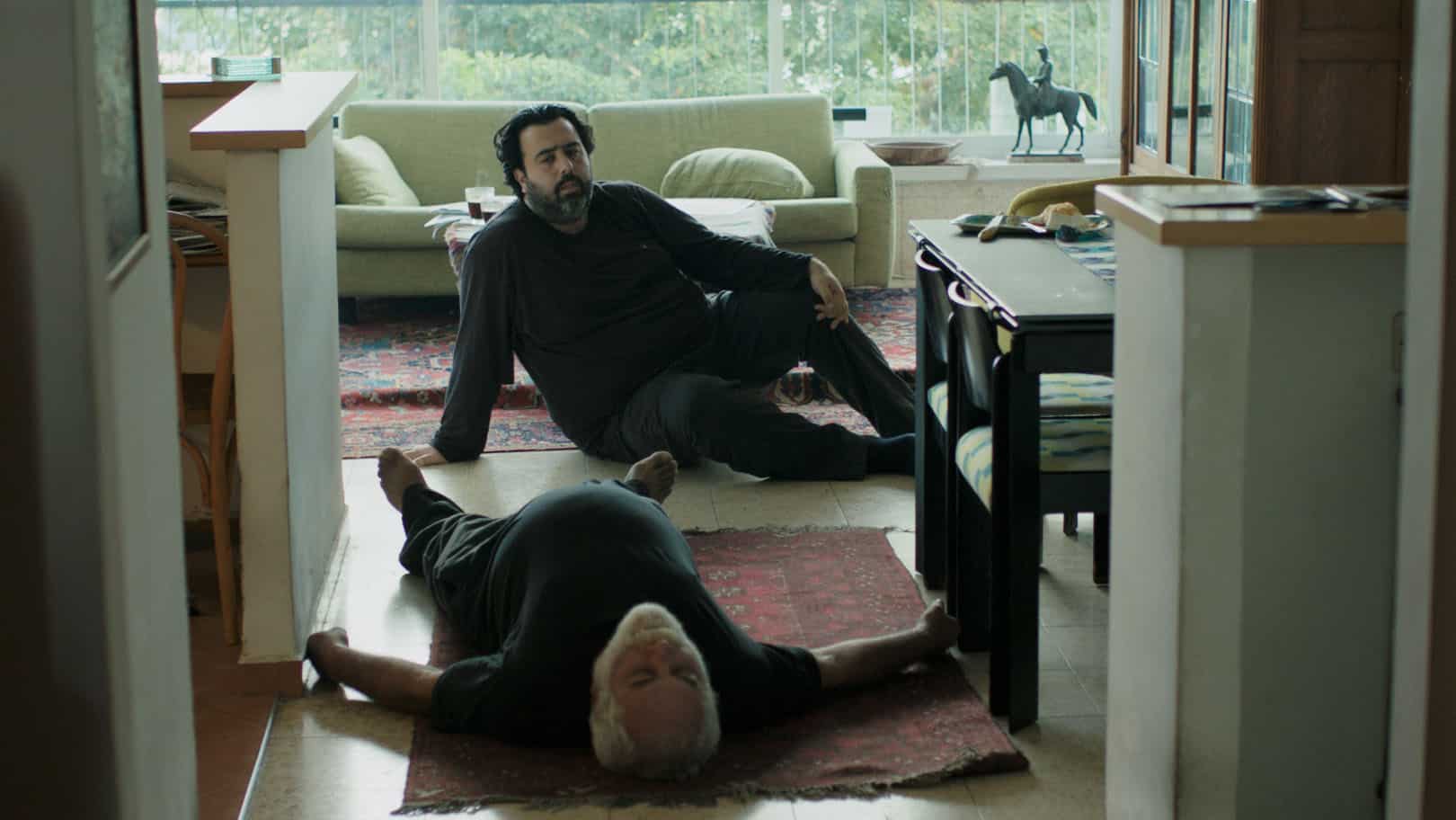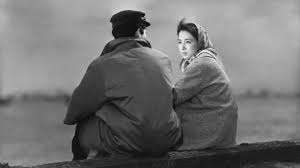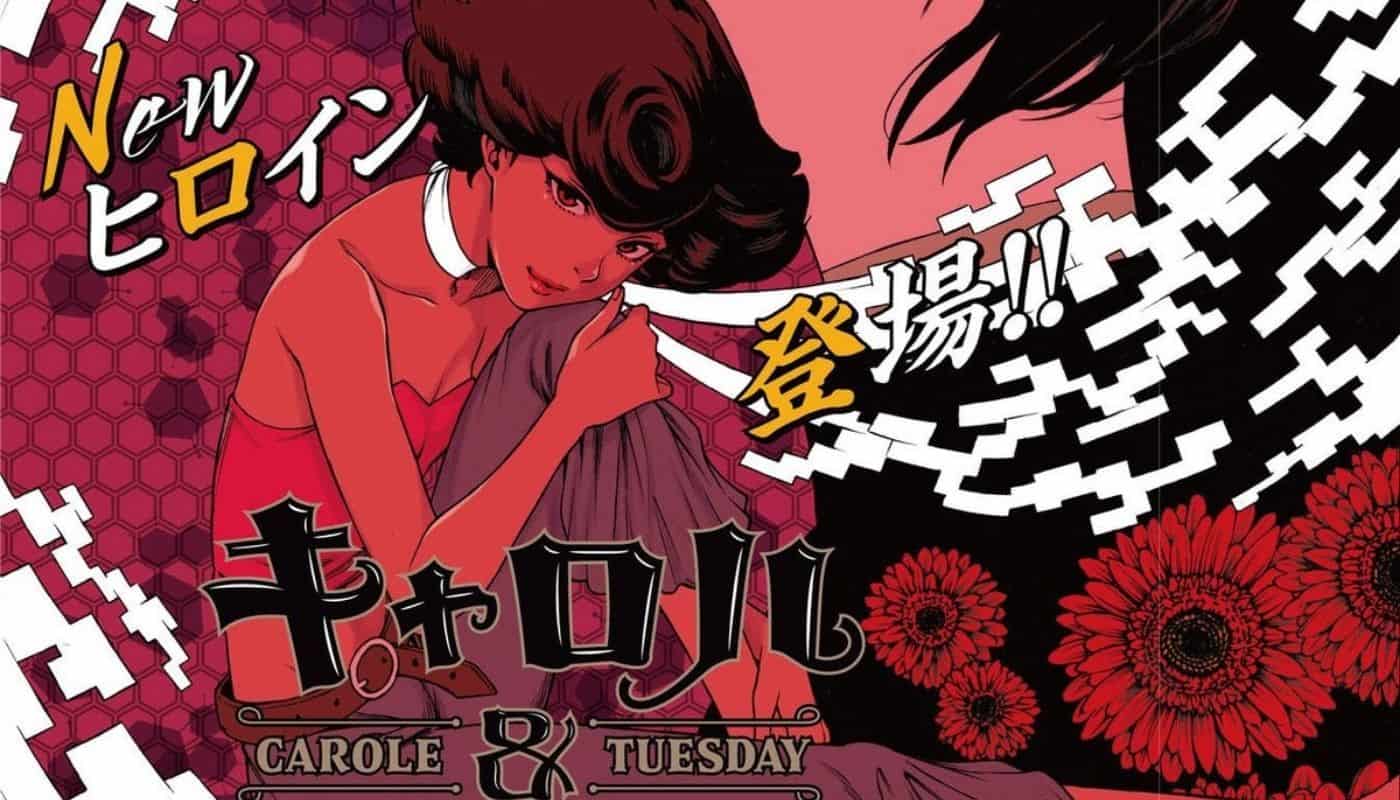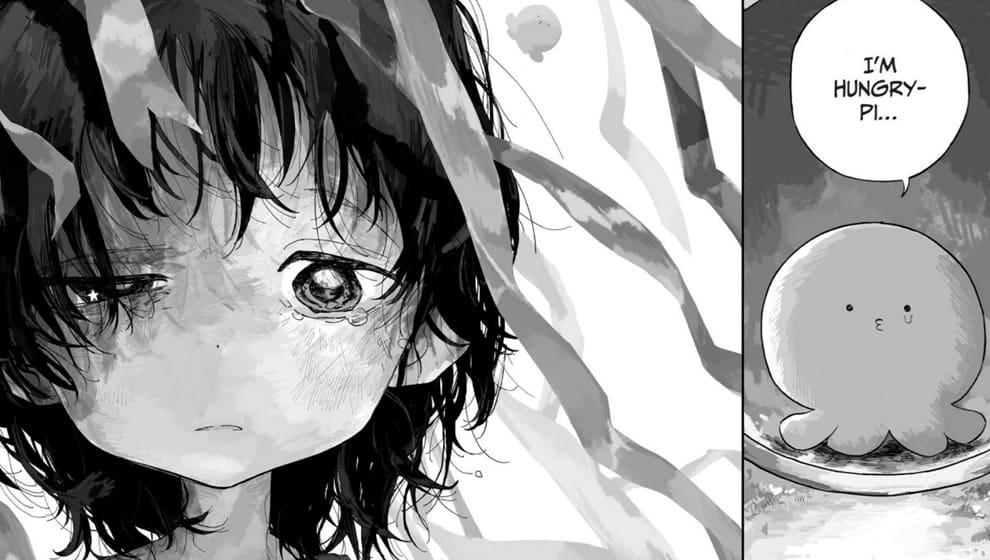After the success of her directorial debut “Tanikala” (1980), Marilou Diaz-Abaya was approached by producer Jesse Ejercito to direct a film for him starring Amy Austria, who had recently distinguished herself in the 1979 Lino Brocka film “Jaguar”. I am not sure if what Abaya came up with was exactly what Ejercito and Austria had in mind, since “Brutal” was actually the first Filipino film to tackle rape as a feminist issue, but the result justified their efforts, with the movie winning Best Director and Best Actress in the Metro Manila Film Festival of the same year.
The film begins with the arrest of the protagonist Monica Real, after the murder of her husband and four of his friends, in a case that immediately catches the eye of the public and the press, becoming highly publicized. Clara Valdez, a journalist who is in a relationship with Jake, a divorced man who keeps comparing her with his ex-wife, decides to investigate the case, eventually striking a deal with her defense attorney, who hopes that targeted publicity will help his client. Eventually, Clara meets Cynthia, a prostitute who used to be Monica's best friend, and essentially the one who instigated her shy and rather conservative friend to break out of her shell and indulge in the pleasures of sex.
The meetings between Clara and Cynthia lead to extended flashbacks about the backstory of Monica, a girl who was pressured and exploited by everyone around her, until her point of eruption, with the reasons for her crime, though, remaining a mystery since the defendant has turned completely silent, despite Clara's efforts to make her speak.
Also check the interview with Filipino director Adolfo Borinaga Alix Jr
Marilou Diaz-Abaya directs a genuinely feminist film that portrays the place of woman in the then Filipino society with the bleakest colors, but also with intense realism, as presented by the lives of the three women protagonists. In that fashion, Clara, a successful and quite independent woman who retains a steady but no-strings-attached relationship with Jake, eventually has to face his anger, essentially for preferring to focus on her job instead of becoming a wife and a mother. Cynthia, who herself does not want to follow the latter road, instead chooses to become a prostitute, first by having sex any chance she gets and later on, even being paid for it, in a choice that shows how limited the ways women who do not want to become mothers and wives are able to take.
The true tragic figure, however, is Monica, whose effort to escape the clutches of patriarchy seemed doomed from the beginning, considering the people that surrounded her. Growing up in a rather conservative family, as dictated by her strict and violent father, initially she ends up living two lives, pretending inside her house, and acting in the way she wants in secret, as, under the instigation of Cynthia, even enrolls in a dance-theater troupe. However, her first sexual experience with Tato is concluded in the worst way possible, with him essentially raping her, and her father, after learning of the fact, forcing them both to get married, in a rather shocking decision. That her life becomes even worse after she is married, with Tato and his friends exploiting her every way they can, adds even more to her tragedy, while the behavior of her mother, who asks her to swallow it all as that is the place of women, despite her daughter's many pleas towards her, essentially cements Monica's fate. A twist regarding Cynthia concludes this aspect in a way that can only be described as brutal.
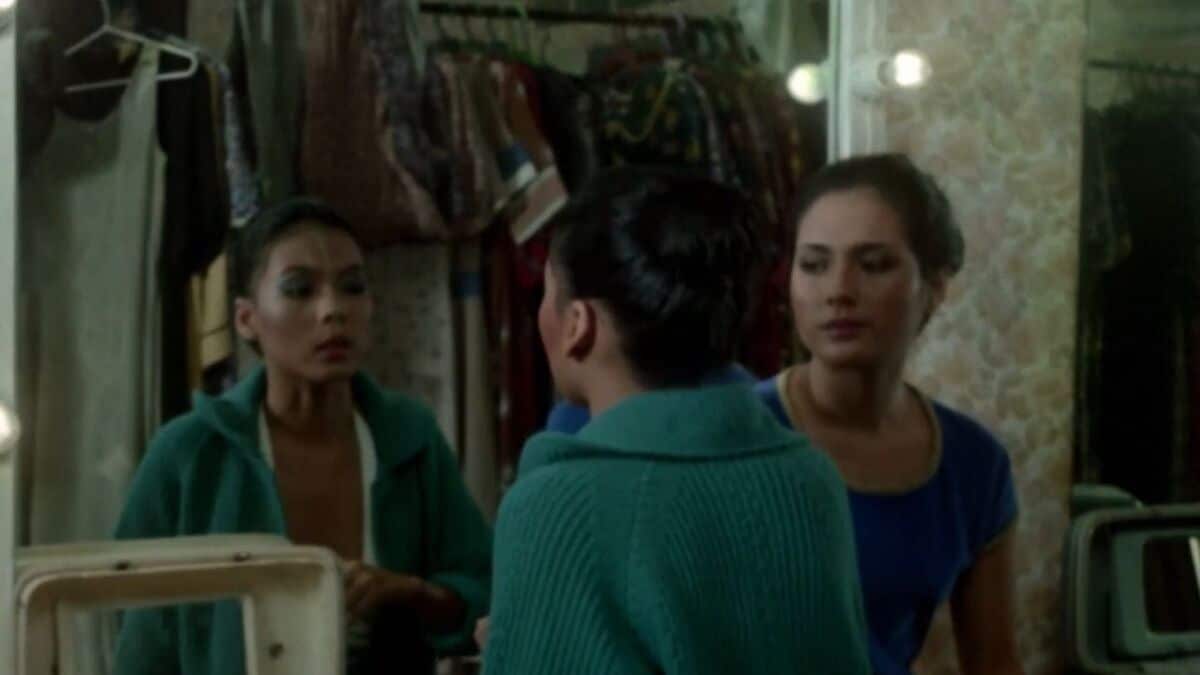
The three different outcomes of the effort of three women to escape patriarchy form the basis of the narrative of the movie, with Abaya presenting her main comment in a way that is equally pointed, dramatic, realistic and entertaining, in one of the best aspects of the movie. The way she portrays how different sex is for men and women is another very interesting point, that cements the rich context of the title.. Also of note regarding her direction is the way she reveals the full story, with the flashbacks working excellently in that fashion, and the delayed revelation of what happened the fateful night retaining the interest of the viewer until the end. In that fashion, Manolo Abaya and Marc Tarnate's editing is another of the great traits of the film, also due to a very fitting, relatively fast pace. Lastly, the many different aspects of the movie, which includes family drama, exploitation elements, court drama, avant garde theater scenes and crime elements are excellently handled throughout here. The ending, on the other hand, could have been a bit more impactful, since the ‘girl power' aspect, although sending a message about how female unity can help all women, seems somewhat disconnected from the rest of the narrative, perhaps in an effort to somewhat lighten the heaviness of the rest of it. The same could be said for the most brutal scenes, which are frequently accompanied by music that can only be described as comical.
The three women give exquisite performances. Charo Santos as Clara presents the independent, serious, strong-willed, capable woman quite convincingly, although Abaya also sets aside scenes for her that show her feminine side, in her interactions with her boyfriend. Gina Alajar as Cynthia plays the flimsy, constantly cheerful but eventually disillusioned and also hiding a darker side woman with gusto, in a rather multileveled character that is much more difficult to portray than it seems initially. The absolute star of the movie, however, is definitely Amy Austria as Monica, with her many transformations being outstandingly portrayed, in a rather difficult role that has her repeatedly as the victim of intense violence. Her undeniable beauty is also a major factor of the movie, with Manolo Abaya's camera capturing it in all its glory, every time she appears in the film. Particularly the scenes she is dancing will definitely stay in the mind of the viewer, with her sex appeal and grace filling the screen in the most impactful way.
Lastly, the mostly disco music that is heard throughout here adds even more to the entertainment the movie offers, while also making a comment about the penetration of American culture in yet another country.
“Brutal” is an excellent film, one that has definitely stood the test of time, and a testament to both the quality of the Filipino movie industry during the 80s and of the late Marilou Diaz-Abaya as a filmmaker.


